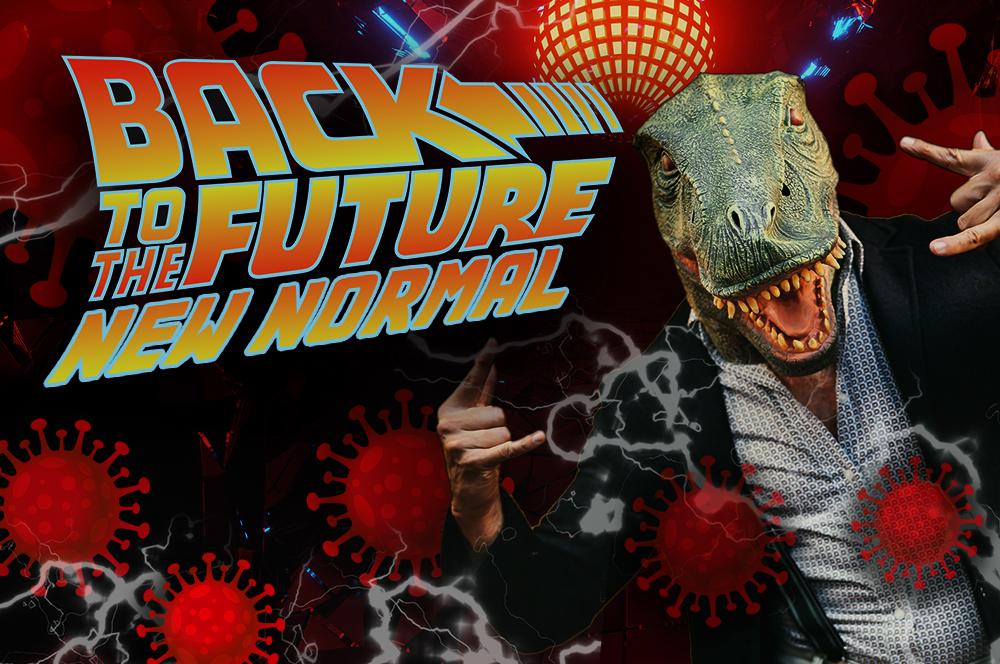A Few Weeks Untill Extinction and There’s Nothing We Can Do

Are we already too late? Are we dealing only with climate change or environment destruction? We have to change our attitude and behaviour if we want our planet to survive for the upcoming generations. Nature is much wiser than humans. It will fix the human stupidity, whether we like it or not. Mother nature has tools for that — it is also known as zoonosis. Maybe it’s time to start living in harmony with our surrounding environment again, and respect it.
Zoonoses management requires an integrated and intersectoral approach. At the global level, three organizations have mandates that cover zoonotic disease: The World Health Organisation (WHO), the World Animal Health Organisation (OIE), and the Food and Agriculture Organization of the United Nations (FAO). Ecosystem integrity is a key factor in the innovative approaches taken by One Health and EcoHealth initiatives that are spearheading zoonoses control at regional and national levels.
Frontier, United Nations Environmental Program -. 2016 Zoonoses: Blurred Lines of Emergent Disease and Ecosystem Health – UNEP Frontiers 2016 Report: Emerging Issues of Environmental Concern
Ecosystem integrity can help regulate diseases by supporting a diversity of species so that it is more difficult for one pathogen to spread rapidly or dominate. As the human population grows, ecosystems change. Several developed countries have succeeded in reducing zoonotic foodborne disease over relatively short periods by instituting control mechanisms all along the food value chain, with an emphasis on reducing disease in the animal host.
Frontier, United Nations Environmental Program -. 2016 Zoonoses: Blurred Lines of Emergent Disease and Ecosystem Health – UNEP Frontiers 2016 Report: Emerging Issues of Environmental Concern
China has banned such markets (wet markets), and Cunningham said this must be permanent. “However, this needs to be done globally. There are wet markets throughout much of sub-Saharan Africa and a lot of other Asian countries too.” The ease of travel in the modern world exacerbates the dangers, he said, adding: “These days, you can be in a central African rainforest one day and in central London the next.”
Carrington, Damian. 2020. The Guardian. Coronavirus: ‘Nature is sending us a message’, says UN environment chief.
Consulted on 30.6.2020
The World Bank has estimated that an investment of US$3.4 billion in animal health systems per year would avert losses incurred through delayed or inadequate responses to zoonoses–losses estimated at US$6.7 billion per year. Improved surveillance and rapid response capacities are important and urgently needed. Success requires addressing the root causes of disease emergence–the fact that human activities are imposing extreme stresses on ecosystems and their ability to function.
Frontier, United Nations Environmental Program -. 2016 Zoonoses: Blurred Lines of Emergent Disease and Ecosystem Health – UNEP Frontiers 2016 Report: Emerging Issues of Environmental Concern
The European Commission has concluded exploratory talks with a pharmaceutical company to purchase a potential vaccine against COVID-19. The envisaged contract with Sanofi-GSK would provide for an option for all EU Member States to purchase the vaccine. It is envisaged that, once a vaccine has proven to be safe and effective against COVID-19, the Commission would have a contractual framework in place for the purchase of 300 million doses, on behalf of all EU Member States. The Commission continues intensive discussions with other vaccine manufacturers.
Commissions, European. 2020. European Commission. 31. 07.
Consulted on 10.8.2020
President von der Leyen said: “The European Commission does all in its power to ensure that Europeans have rapid access to a vaccine that is safe and protects them from coronavirus. A vaccine would be a truly global good. We are committed to help secure access also for more vulnerable countries to find their way out of this crisis.”
Commissions, European. 2020. European Commission. 31. 07.
Consulted on 10.8.2020
Respect the nature. Not all living things are for eating or exploitation. Think twice, do you need it or can you recycle? Not everyone needs to copy our western lifestyle, maybe we should even learn from those cultures who actually respect nature. It takes only few minutes to cut down the tree, but 80 to 100 years to grow it again. Zoonoses are the nature’s way to speed evolution, by getting rid of the “weak individuals”. What have we learned from the past?
Leave a Reply